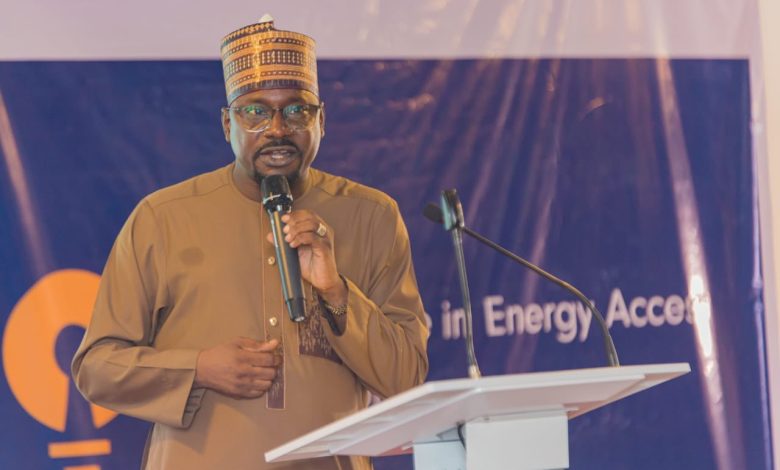
Dr. Abba Aliyu, the Managing Director of the Nigeria Infrastructure Support Fund (NISF), is championing a strong push for local solar panel manufacturing in Nigeria. He has thrown his full support behind the federal government’s plan to halt the annual importation of solar panels worth over ₦200 billion. This bold move aims to encourage local production and stimulate economic growth.
Abba Aliyu solar manufacturing policy aligns with Nigeria’s wider goal of building a self-reliant energy sector. During a recent briefing in Abuja, Aliyu stated that Nigeria must stop depending on foreign solar panels when it has the capacity to build them locally. He emphasized that local production would create jobs, retain wealth within the country, and boost technical know-how.
The current level of importation has drained resources and limited opportunities for local manufacturers. Aliyu stressed that local content must be at the center of Nigeria’s energy future. He said the solar market in Nigeria has huge potential, and policies must now support businesses to tap into that opportunity.
Abba Aliyu solar manufacturing policy also focuses on strengthening infrastructure and creating investment-ready zones. He noted that the Infrastructure Support Fund will work closely with other stakeholders to make the environment favorable for investors. By offering the right incentives and removing unnecessary bottlenecks, Aliyu believes Nigeria can become a solar technology hub in Africa.
He pointed out that solar energy is essential for rural electrification and off-grid communities. Aliyu said many rural areas still lack access to power, and solar remains the cheapest and fastest solution. Promoting local panel production will reduce costs and speed up access for remote areas.
The federal government, through the Ministry of Power and the Rural Electrification Agency, is now working to set new standards and guidelines. These rules will help ensure that locally produced panels meet global benchmarks. Aliyu promised that NISF will support these efforts with funding and technical guidance.
He also urged Nigerian entrepreneurs and engineers to take advantage of the new opportunities in the renewable energy space. Aliyu stated that training, equipment financing, and innovation grants will soon be made available. He said the government is not only ending imports but also laying the foundation for a sustainable industry.
Manufacturers have already shown interest in expanding operations if the policies remain stable. Aliyu mentioned that multiple Nigerian firms are capable of producing high-quality solar panels if they receive the right support. He believes this shift will also reduce Nigeria’s exposure to foreign exchange fluctuations.
Abba Aliyu remains confident that the policy will improve energy access and strengthen the local economy. He said this is not just an economic decision but a national development priority. By cutting imports and supporting homegrown solutions, Nigeria will protect jobs and grow faster.
The solar policy is a major part of Nigeria’s broader clean energy transition. With steady leadership and collaboration, Aliyu believes Nigeria can lead Africa in renewable energy innovation. His focus on local empowerment and sustainability is setting the stage for long-term progress.
